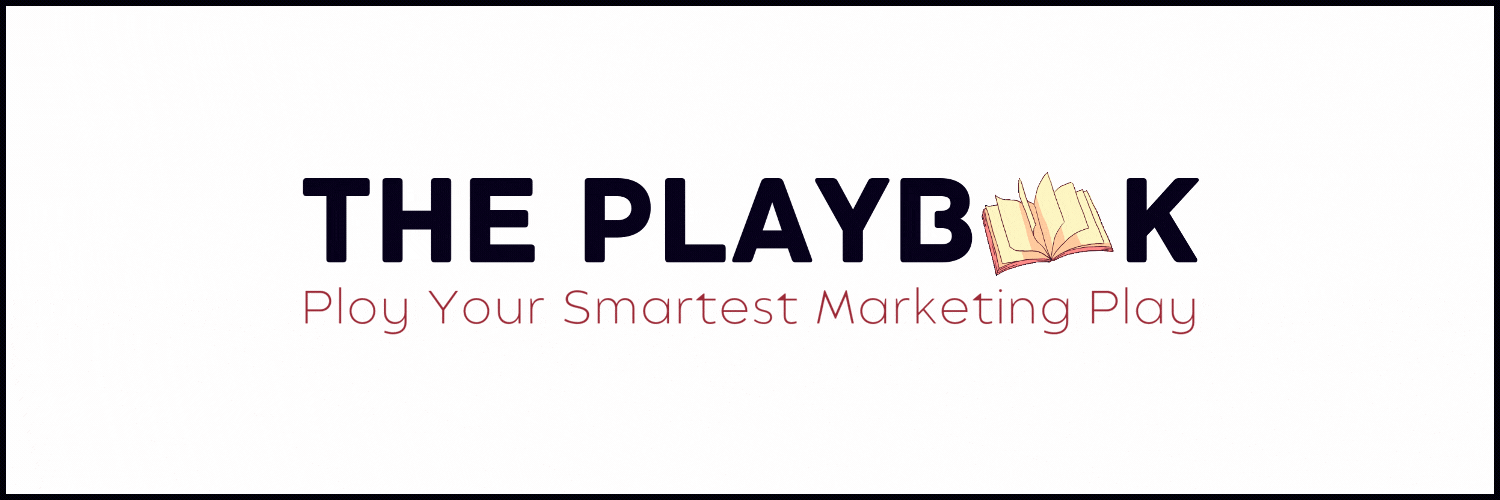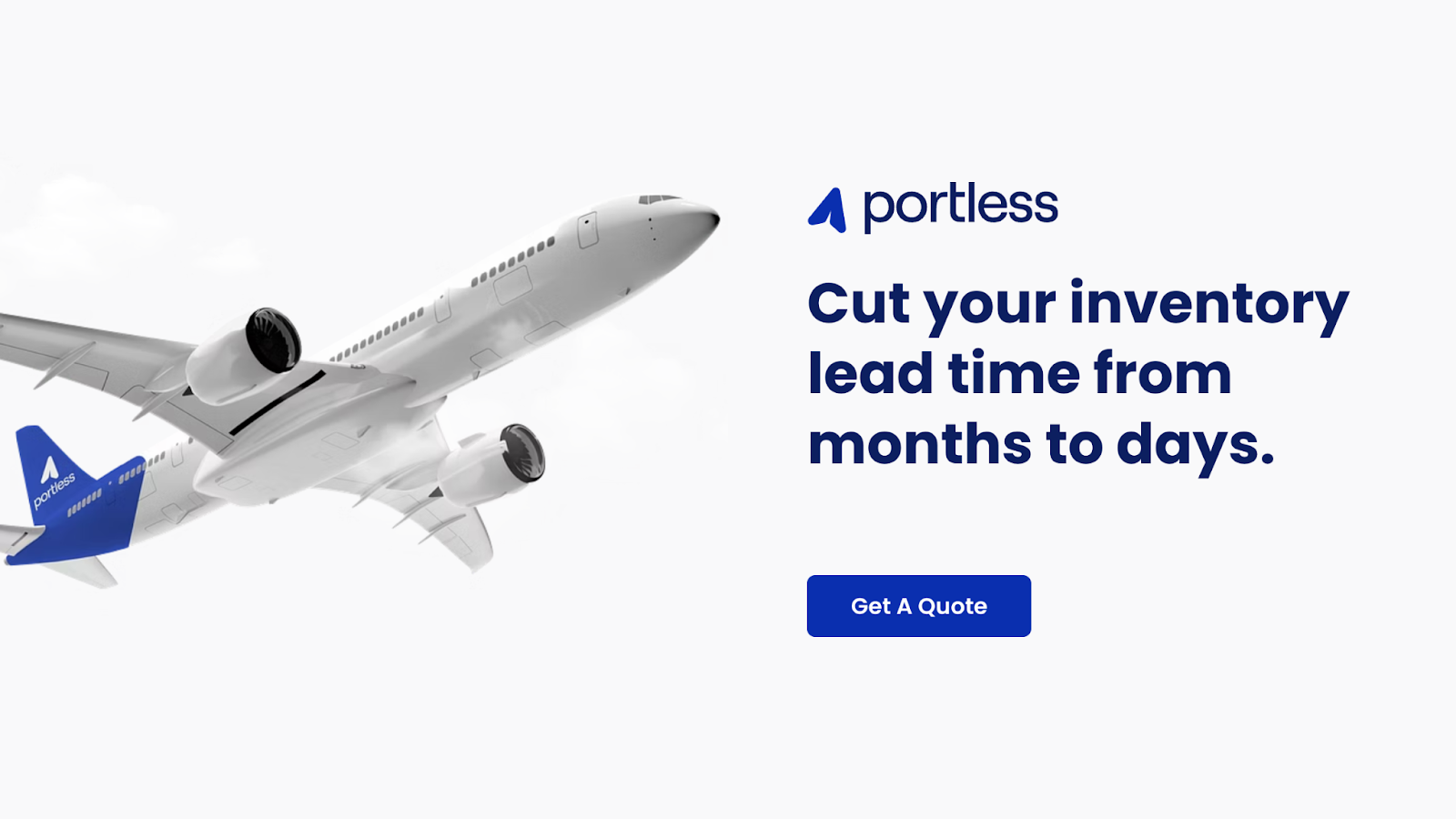Why Most Ads Repel
🔥The hidden hook system turning fear into profit, and more!

Hey Readers 🥰
Welcome to today’s edition, bringing the latest growth stories fresh to your inbox.
And just a quick heads-up! If you stumbled upon us through a friend, make sure to subscribe below! That way, you’ll never miss out on the trending stories.
🔥Beliefs create demand, not specs
Most brands think they’re testing hooks.
But what they’re really doing is rotating surface-level toppings, trying new copy, new claims, maybe a new face on camera.
What top-tier operators actually test? The mental anchor that locks a buyer into attention, even after scrolling.
Here’s the real unlock: Winning hooks don’t describe the benefit. They excavate a psychological wedge, a fear, belief, or unmet identity loop that already exists in the buyer’s head.
And the best ones make the viewer feel seen before they even hear the product name.
🚫 Why Most Hooks Die in the Scroll
99% of ads sound like this:
- “Packed with actives that fight acne.”
- “Gentle enough for sensitive skin.”
- “Hydrates without clogging pores.”
These are features pretending to be benefits, technically accurate, but emotionally sterile.
They don’t hit a nerve. They don’t provoke self-comparison. They don’t leave residue.
Compare that to:
- “I’m 29, and I still cancel plans when my skin flares up.”
- “I don’t want another ‘miracle product.’ I want my face back.”
- “Other girls post selfies. I post memes so no one sees me.”
This is the buyer’s own voice, fed back to them with precision.
🔒 The 3-Point Anchor System
Every sticky ad hook needs to hit 3 layers at once:
- Self-Identification Trigger: “For women who wear foundation because they have to, not because they want to.”
- Tribal Tension or Contrast: “Other brands say flawless. We say f*ck perfection.”
- Hyper-Specific Skepticism: “I don’t want to overhaul my whole routine. Just fix the one thing.”
Anchors are not just emotional. They are strategically engineered to survive the full funnel, TOF ads, PDP subheads, and post-purchase emails.
They stick because they’re built from the buyer’s unresolved loop.
🎥 Start Creator Briefs with the Buyer’s Fear
The worst briefs say:
“Mention the hyaluronic acid and the 20% discount.”
The best briefs say:
“Open with a story about feeling invisible in group photos. Then show how this product changed that.”
Insense helps top DTC brands like Auri, Starface, and Native brief creators around identity-first hooks, not just skincare specs. You can book your free strategy call.
Why It Matters
The scroll is infinite, but memory is finite.
The only ads that survive are the ones that match a buyer’s internal monologue before the product is even introduced. If you’re not building from that voice, you’re just shouting into feed noise.
Partnership with Portless
📦 Still Waiting 60-90 Days for Inventory? You're Losing Sales

Every brand knows that waiting months for inventory kills growth.
While your competitors wait 60-90 days for containers, you could be restocking in under a week. That's the difference between empty shelves and record sales.
Here's what Portless unlocks instead:
✈️ Ship directly from your factory to customers in just 6 days
📦 Restock best-sellers in 3-5 days (not 3 months)
🚀 Test new products in days, not quarters
📊 Never show "out of stock" to customers again
With Portless, brands cut lead times by 90% with direct fulfillment logistics. Your products ship days after manufacturing, no containers, no warehouses, no waiting.
Turn on Shopify's "keep selling when out of stock" toggle with confidence. While others wait for containers, you're already shipping, selling, and scaling.
Get a custom quote for your brand now →
🗝️ Tweet of the Day

Advertise with Us
70% of email clicks are bots but not with The Playbook. Reach real human buyers with verified clicks and only pay for actual engagement.
We'd love to hear your feedback on today's issue! Simply reply to this email and share your thoughts on how we can improve our content and format. 😍